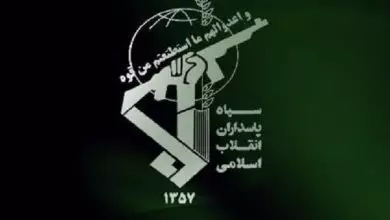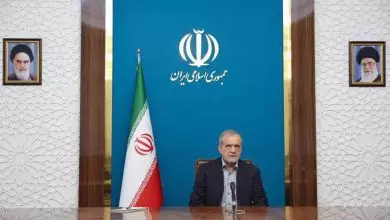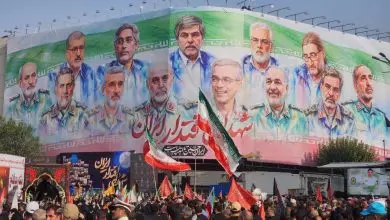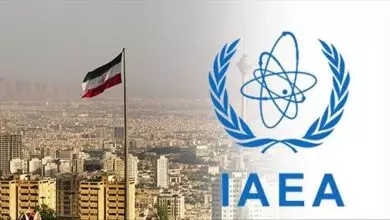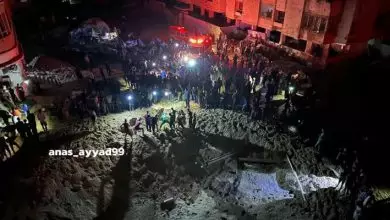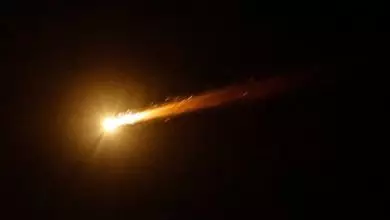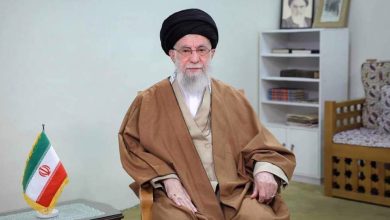Qalibaf: Shahed Nasrallah highlighted the ineffectiveness of negotiating compromises with ‘israel’
Iran's Parliament Speaker, Mohammad Baqer Qalibaf, has stated that the assassination of former Hezbollah Secretary General Sayyed Hassan Nasrallah underscores the ineffectiveness of conciliatory approaches towards the Zionist regime.
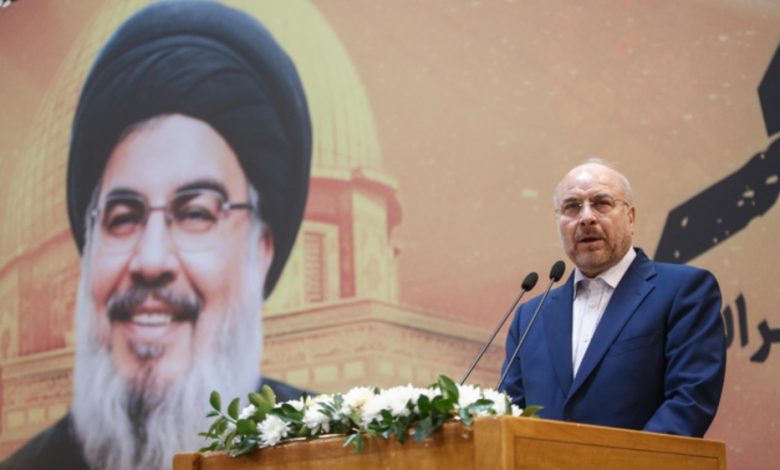
During a memorial held on Saturday to commemorate the 40th day since Nasrallah’s martyrdom, Qalibaf remarked, “As we mark 40 days of mourning for our cherished brother, a revered icon of resistance, it is essential to channel our sorrow into a catalyst for advancement and acknowledge the significant individual we have lost.”
“This heightened awareness enables us to transform Nasrallah’s martyrdom into a lasting asset, ensuring the continuation of his legacy and the fulfillment of the mission to which he dedicated his life.”
Qalibaf emphasized Nasrallah’s steadfast backing of Hamas militants in Gaza following the launch of Operation Al-Aqsa Flood.
In a statement attributed to Ayatollah Seyyed Ali Khamenei, the Leader of the Islamic Revolution, he reportedly remarked that any action taken against the Zionist regime, whether by an individual or a group, benefits not only the regional landscape but also serves the broader interests of humanity.
In a recent statement, Iranian political figure Mohammad Bagher Qalibaf lauded Hezbollah’s Secretary-General Hassan Nasrallah, characterizing him as a “wise statesman” who navigates his duties with both faith and pragmatism. Qalibaf noted that Nasrallah has successfully unified Lebanon’s Shia community, fostering a sense of internal solidarity while promoting coexistence with the nation’s diverse groups.
The speaker stated that the martyred leader of Hezbollah employed his wisdom to establish a force dedicated to the service of humanity.
In recent years, he founded a formidable institution committed to Lebanon’s national interests and focused on promoting the country’s development.
‘Hezbollah Sustains Strategic Vision Despite Loss of Key Leaders’
In another part of his address, Qalibaf asserted that Hezbollah has preserved its foundational principles and objectives, even in the face of the loss of pivotal figures such as Sayyed Abbas al-Musawi, a co-founder of Hezbollah, and Sayyed Hassan Nasrallah.
Hezbollah’s foundational ideology is rooted in combating oppression and advocating for the defense of the marginalized, a principle that aligns with both Islamic teachings and broad human ethical values.
The speaker noted that Nasrallah often articulated his ambition to secure dignity for Lebanon, considering Israel not merely as a hindrance to the nation but as an impediment to regional advancement.
He highlighted that Nasrallah perceived Hezbollah as more than just a military entity, expanding its role into a social organization and simultaneously bolstering its defense capabilities. This evolution has positioned it as a significant strategic actor in the West Asian region.
Qalibaf hailed Nasrallah as “a prominent Shia figure,” embodying authentic unity rooted in the broader interests of the Muslim community.
Hezbollah’s leader, Hassan Nasrallah, has consistently presented the Al-Aqsa Flood not as a narrow Palestinian or Sunni issue but as a broader symbol of resistance, Islam, and humanitarian struggle. His comments underscore Hezbollah’s comprehensive mobilization and commitment to the principles of resistance in this context.
**Hezbollah’s Involvement in Combating ISIS**
Hezbollah has played a significant role in the fight against the extremist group ISIS. The militant and political organization, primarily based in Lebanon, has been actively engaged in countering ISIS’s influence and operations in the region. Through various military campaigns and strategic efforts, Hezbollah has sought to curb the spread of ISIS and stabilize affected areas. This involvement underscores Hezbollah’s influence in Middle Eastern geopolitics and its impact on regional security dynamics.
Qalibaf emphasized that the international community will remember Hezbollah’s significant contribution to combating the Daesh terrorist organization. He noted that “Hezbollah, through the sacrifice of its own members, effectively countered this global threat, thereby fostering stability and security worldwide.”
The speaker emphasized that the current global security landscape, particularly in Europe, owes a significant debt to the leadership of the late Nasrallah. He described Hezbollah as a stabilizing force contributing to peace. Furthermore, he suggested that if U.S. leaders genuinely sought peace in the Middle East, they would exercise restraint over their military actions and reconsider their strategy of targeting Hezbollah’s prominent figures with aerial bombardments, military resources, and intelligence operations.
In a recent statement, Qalibaf asserted that Israel faces its most significant embarrassment as it has been unable to penetrate Lebanese territory despite targeting Hezbollah leaders, conducting intense aerial bombardments, and attempting ground operations. He highlighted Israel’s apparent strategic disarray, noting that Israeli commanders have publicly acknowledged their lack of clarity regarding their mission objectives.
He stated that Seyyed Hassan Nasrallah and his associates have served as essential proponents of peace and stability, not only within West Asia but also, without overstating, on a global scale.

